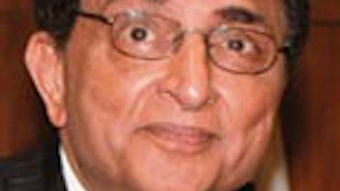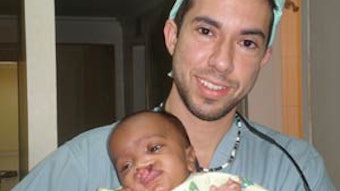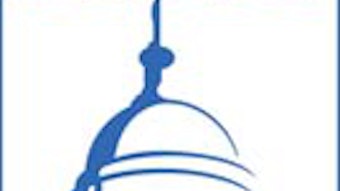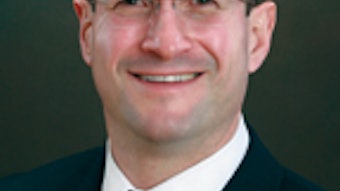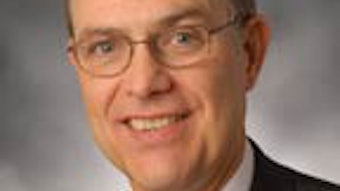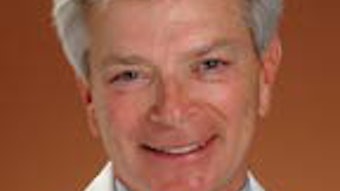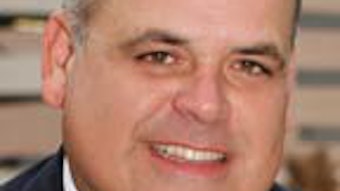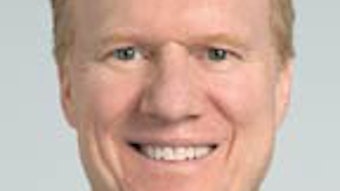Patient Safety and Quality Improvement (PSQI): Annual Meeting Preview
Rahul K. Shah, MD George Washington University School of Medicine, Children’s National Medical Center, Washington, DC This fall, the AAO-HNSF Annual Meeting & OTO Expo will once again dedicate a programming track to patient safety and quality improvement (PSQI) and related topics. Last year’s session, moderated by David W. Roberson, MD, co-chair of the AAO-HNS PSQI Committee, included several prominent national speakers who discussed the role of apology and disclosure when an error or adverse event occurs. Several leaders within the Academy were present for this session and strongly urged that it appear again on the 2011 program. There is myriad literature as well as anecdotal evidence demonstrating the value of such in mitigating and reducing liability. Brian Nussenbaum, MD, and Matt A. Kienstra, MD, will moderate a miniseminar on the most recent trends and findings in the PSQI realm. There has been an explosion in the peer-reviewed literature and in the consultancy realms regarding PSQI material. Last year, this session highlighted the World Health Organization (WHO) surgical checklist collaborative, as well as the role of chlorhexidine in surgical site sterilization. This year’s program topics will come from the Academy leadership, PSQI Committee, and the AAO-HNS membership. The final session will focus on the regulatory-required and hospital-required metrics that Academy members are going to be pressed to report on in the near future, including the Joint Commission’s Ongoing Professional Practice Evaluation (OPPE) and Focused Professional Practice Evaluation (FPPE), which are self-generated and tracked by physicians, divisions, and hospitals to attest to standards of care. This part of the session will demonstrate what our colleagues are tracking and how to ensure the metrics are apropros and meaningful. With a collective discussion, the burden of defining such metrics and tracking these may be somewhat mitigated. A significant amount of time and attention has been committed to ensuring that the four-hour track on PSQI touches on the major themes in this realm, as well as leaving Academy members with actual ideas and materials to make an immediate impact on their practice. We encourage members to write us with any topic of interest. We will try to research and discuss the issue. Members’ names are published only after they have been contacted directly by Academy staff and have given consent to the use of their names. Please e-mail the Academy at qualityimprovement@entnet.org to engage us in a patient safety and quality discussion that is pertinent to your practice.
George Washington University School of Medicine, Children’s National Medical Center, Washington, DC
This fall, the AAO-HNSF Annual Meeting & OTO Expo will once again dedicate a programming track to patient safety and quality improvement (PSQI) and related topics.
Last year’s session, moderated by David W. Roberson, MD, co-chair of the AAO-HNS PSQI Committee, included several prominent national speakers who discussed the role of apology and disclosure when an error or adverse event occurs. Several leaders within the Academy were present for this session and strongly urged that it appear again on the 2011 program. There is myriad literature as well as anecdotal evidence demonstrating the value of such in mitigating and reducing liability.
Brian Nussenbaum, MD, and Matt A. Kienstra, MD, will moderate a miniseminar on the most recent trends and findings in the PSQI realm. There has been an explosion in the peer-reviewed literature and in the consultancy realms regarding PSQI material. Last year, this session highlighted the World Health Organization (WHO) surgical checklist collaborative, as well as the role of chlorhexidine in surgical site sterilization. This year’s program topics will come from the Academy leadership, PSQI Committee, and the AAO-HNS membership.
The final session will focus on the regulatory-required and hospital-required metrics that Academy members are going to be pressed to report on in the near future, including the Joint Commission’s Ongoing Professional Practice Evaluation (OPPE) and Focused Professional Practice Evaluation (FPPE), which are self-generated and tracked by physicians, divisions, and hospitals to attest to standards of care. This part of the session will demonstrate what our colleagues are tracking and how to ensure the metrics are apropros and meaningful. With a collective discussion, the burden of defining such metrics and tracking these may be somewhat mitigated.
A significant amount of time and attention has been committed to ensuring that the four-hour track on PSQI touches on the major themes in this realm, as well as leaving Academy members with actual ideas and materials to make an immediate impact on their practice.
We encourage members to write us with any topic of interest. We will try to research and discuss the issue. Members’ names are published only after they have been contacted directly by Academy staff and have given consent to the use of their names. Please e-mail the Academy at qualityimprovement@entnet.org to engage us in a patient safety and quality discussion that is pertinent to your practice.
